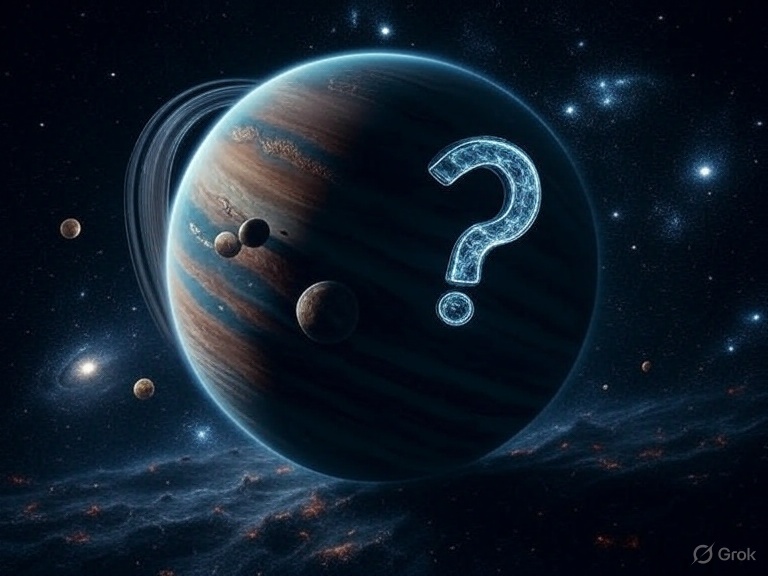Fermi Paradox Explained: Why Haven’t We Found Aliens Yet?

The Fermi Paradox, named after physicist Enrico Fermi, poses a haunting question: if the universe is teeming with potential for life, why haven’t we found aliens yet? With billions of stars in our galaxy alone, many hosting planets in habitable zones, intelligent civilizations should theoretically exist. Yet, despite decades of searching with projects like SETI, we’ve detected no definitive signals. This paradox has puzzled scientists and sparked debates about the nature of life in the cosmos.
Several theories attempt to explain the Fermi Paradox. The Great Filter hypothesis suggests that life struggles to pass a critical evolutionary barrier, such as developing complex organisms or surviving technological advancement—perhaps humanity hasn’t reached or survived this filter yet. The Zoo Hypothesis proposes that advanced aliens are observing us but deliberately avoiding contact, much like humans avoid interfering with wildlife. Alternatively, aliens might communicate using methods we can’t yet detect, or they could be so far away that their signals haven’t reached us. Ancient Greek philosophers like Epicurus speculated about other worlds, and modern science continues this curiosity with tools like radio telescopes scanning the stars.
Recent developments, like the 2025 SETI initiatives, keep the search alive. The paradox challenges us to consider whether we’re alone, too early, or simply looking in the wrong places. Until we solve this cosmic mystery, the Fermi Paradox remains a profound reminder of how little we know about our place in the universe.